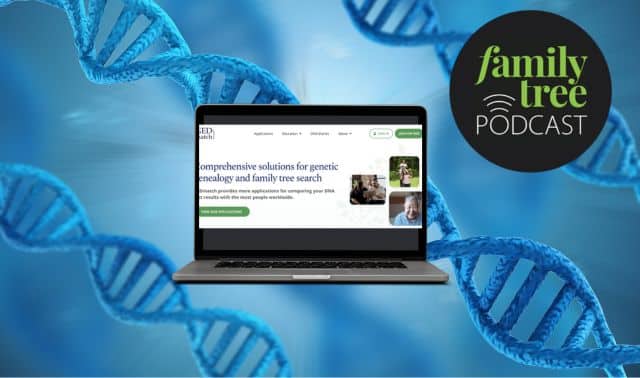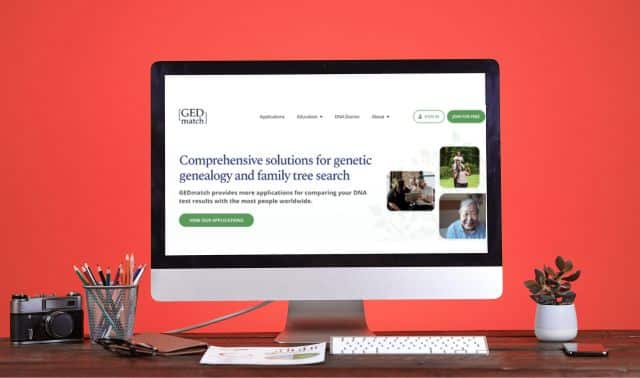Sign up for the Family Tree Newsletter Plus, you’ll receive our 10 Essential Genealogy Research Forms PDF as a special thank you!
Get Your Free Genealogy Forms
"*" indicates required fields
What inspired TapGenes?
I worked in the health care industry for more than 10 years, in market development in the United States and globally in India, China and southeast Asia. Wherever I was, I saw people not getting the right treatments early enough. It frustrated me because often the key to improving their health was right there in their family history.
How did living abroad change the way you think?
It taught me to think more creatively and helped me focus on finding simple solutions to complex problems. There’s so much you can do without a lot of resources or money.
Was there any particular culture you loved?
I’ve left my heart in a few places, but two of my favorites are India and Cambodia. I love the passion of the people in India, how hard they work and how they care for each other. I’m a vegetarian and I love Indian food—it’s one of the few places I can eat well. Cambodia just enchanted me. They’ve overcome horrible things in their country. Their strength and forgiveness make me want to be a better person.
What’s the “tap” in TapGenes?
So much in health care is made difficult. I wanted it to be simple and even fun to chart your family health history. With TapGenes, everything is just a tap away.
What are your thoughts on being in the same news articles as Angelina Jolie?
The Chicago Tribune wrote about how TapGenes expresses the “Angelina effect,” or the idea of using family health history to make decisions about health care. I appreciate how people like Jolie are openly sharing their family health stories to raise awareness about health history. [Editor’s note: Jolie underwent a preventive double mastectomy in 2013 after discovering she carries a mutation of the BRCA1 gene, greatly increasing her risk for developing breast cancer.]
ADVERTISEMENT




